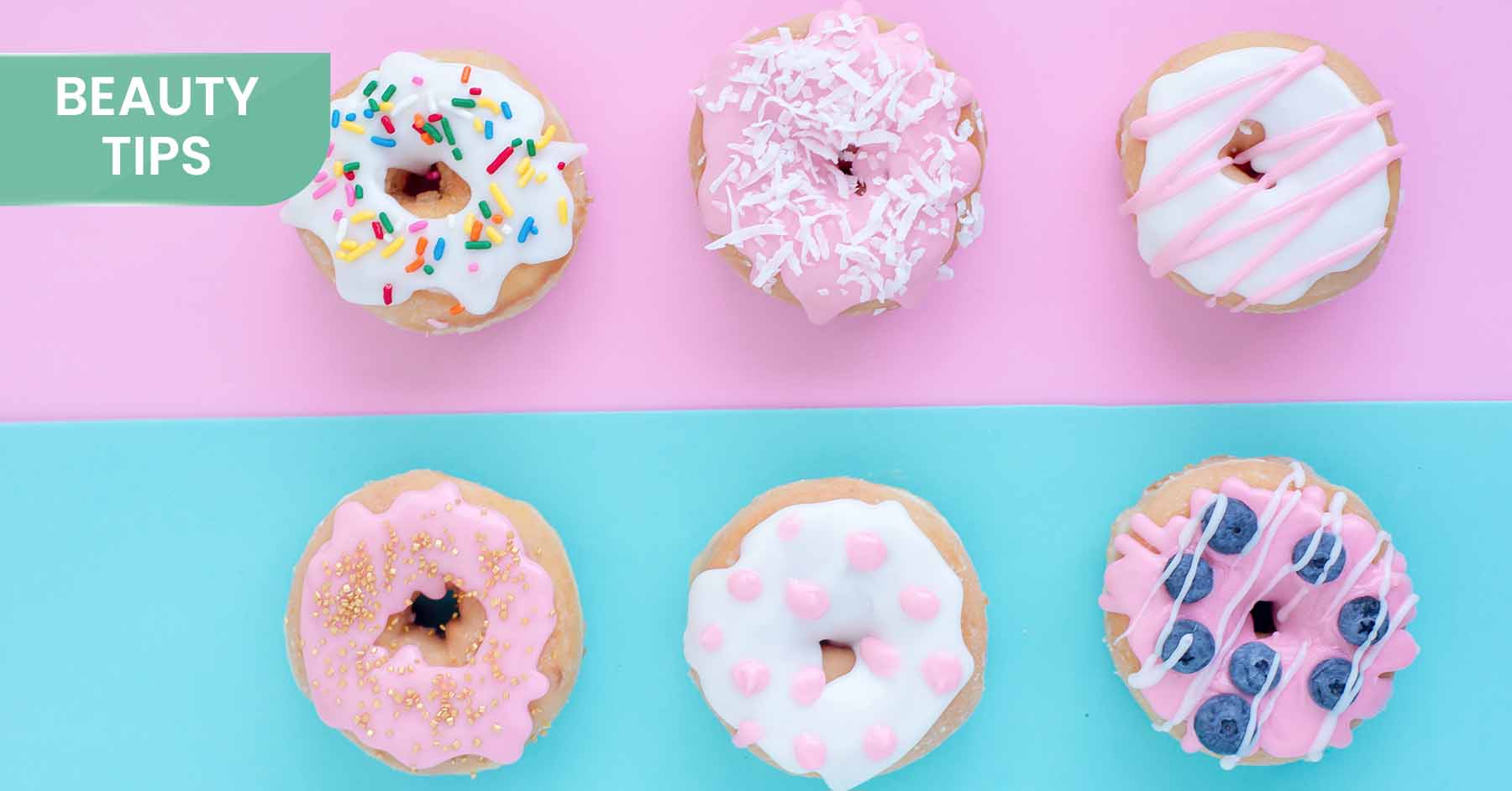Your Skin, Sugar, And Glycation
Your Skin and Sugar
Now that you’ve found this blog post, you’re probably hoping the relationship between your skin and sugar is a positive one. We wish it was, too. Unfortunately, sugar isn’t good for your skin — at least, not when you eat it. In this blog post, we’ll dive into the effects of sugar on skin in the form of glycation, and when sugar might not be so bad for your complexion.
At Heivy, we create super-potent wellness and beauty products that you can use to look and feel your best. From our popular liquid collagen supplements to our full line of skincare products, you’ll find everything you need to maintain a glowing, healthy-looking appearance. Check out all of our products after you finish reading!
Why Is Sugar Bad For Skin? Glycation!
The word glycation isn't very pretty, and neither is the havoc it can wreak on your skin. You may not have heard of this lesser-known process, but it has a big effect on aging. You’re skin won’t grow older because of glycation, of course, but it will certainly look like it has! Glycation occurs when sugar molecules pair up with proteins in the body, specifically elastin and collagen. If you’ve been a collagen supplement fan for a while, you may already be a little nervous — we don’t want anything messing with this essential protein.
The Effects of Glycation
Once the sugar has attached to an elastin or collagen molecule, the molecule becomes deformed, hardened, and brittle — yikes! You definitely don’t want to picture that action going on inside your skin. Once the elastin and collagen molecules have been damaged, it’s not clear whether the effects can be reversed.
How Can I Prevent Glycation?
While there are some ways you can reduce and slow glycation, it’s ultimately a fact of life. We can’t stop it just by nixing things like ice cream and cookies from our diets, because there’s sugar even in healthy foods like whole grains, veggies, and fruits. Don’t let this discourage you from eating well! The sugar in these wholesome foods isn’t the same as simple white sugar or high-fructose corn syrup. It will still contribute to glycation, but not at the same rate.
The best things you can do to reduce the effects of glycation are limiting refined sugar intake, maintaining a healthy diet, staying hydrated, and keeping your skin in good condition by using sunscreen and high-quality skincare products.
Can Sugar Be Good For Skin?
Ok, so there’s actually a time when sugar is beneficial for the skin — as long as you’re not eating it. Using skincare products that contain sugar as a primary ingredient can increase moisture levels in the skin and promote cell turnover for a renewed complexion. This is thanks to both its status as a humectant, and because it contains an alpha hydroxy acid. Sugar also makes for a great exfoliant. So, it’s not all bad!
Fight Off Sugary Glycation with Our Anti-Glycation Mask
Our Dendrobium Anti-Glycation Face Mask is a great way to lessen the effects of glycation on your skin. Paired with our liquid collagen supplements, this anti-aging combo will help you look youthful and glowy everyday. Check it out here, and we’ll see you in the next blog post.

